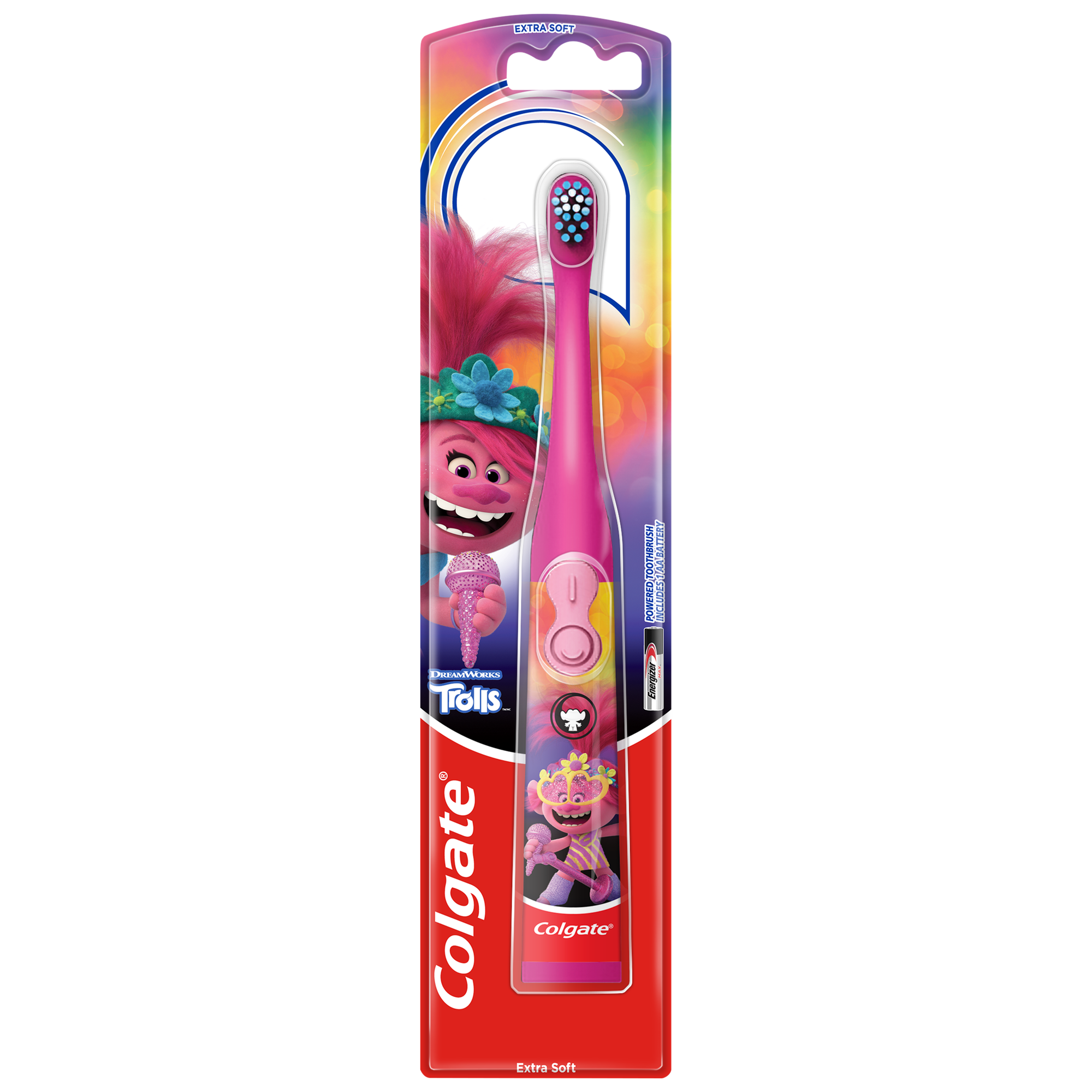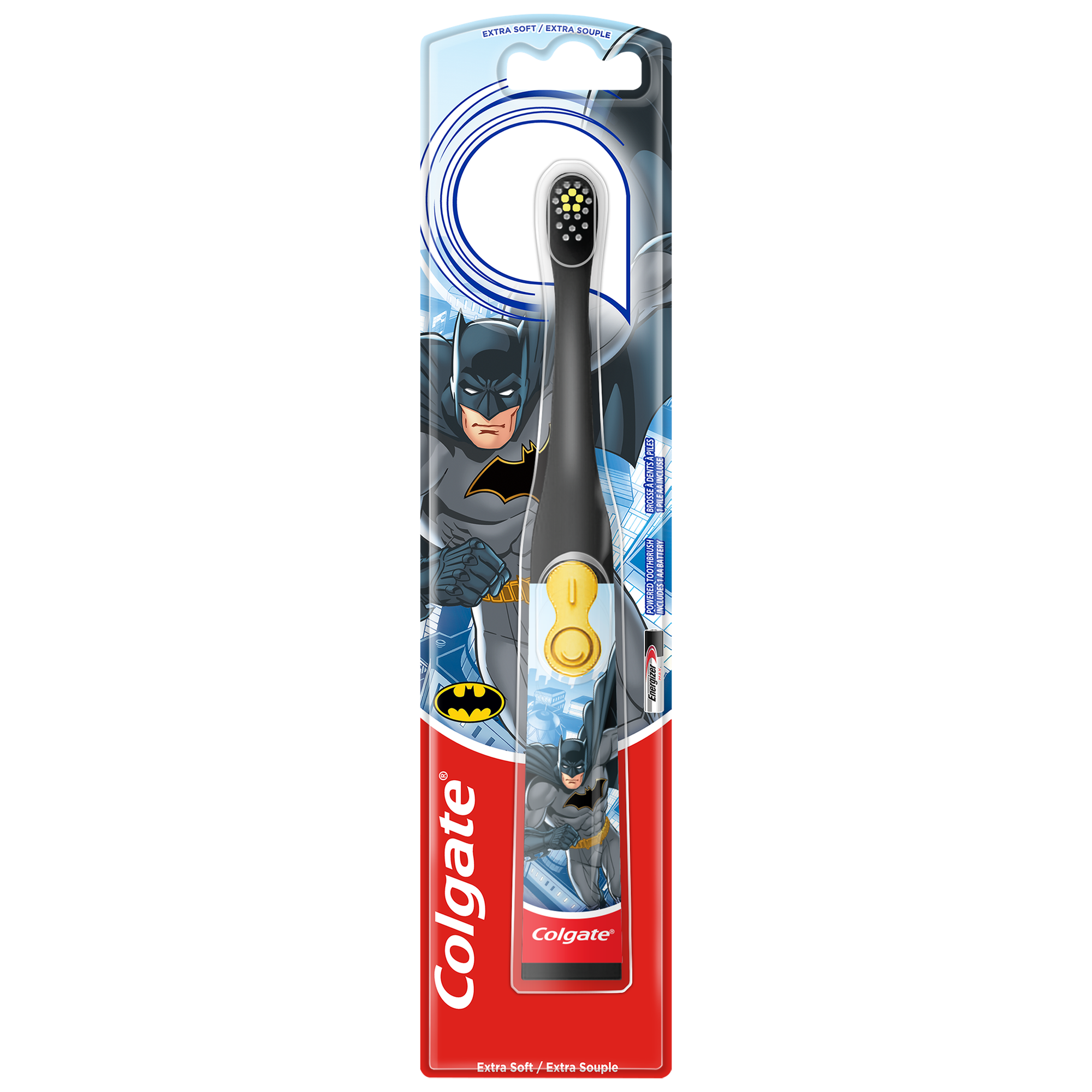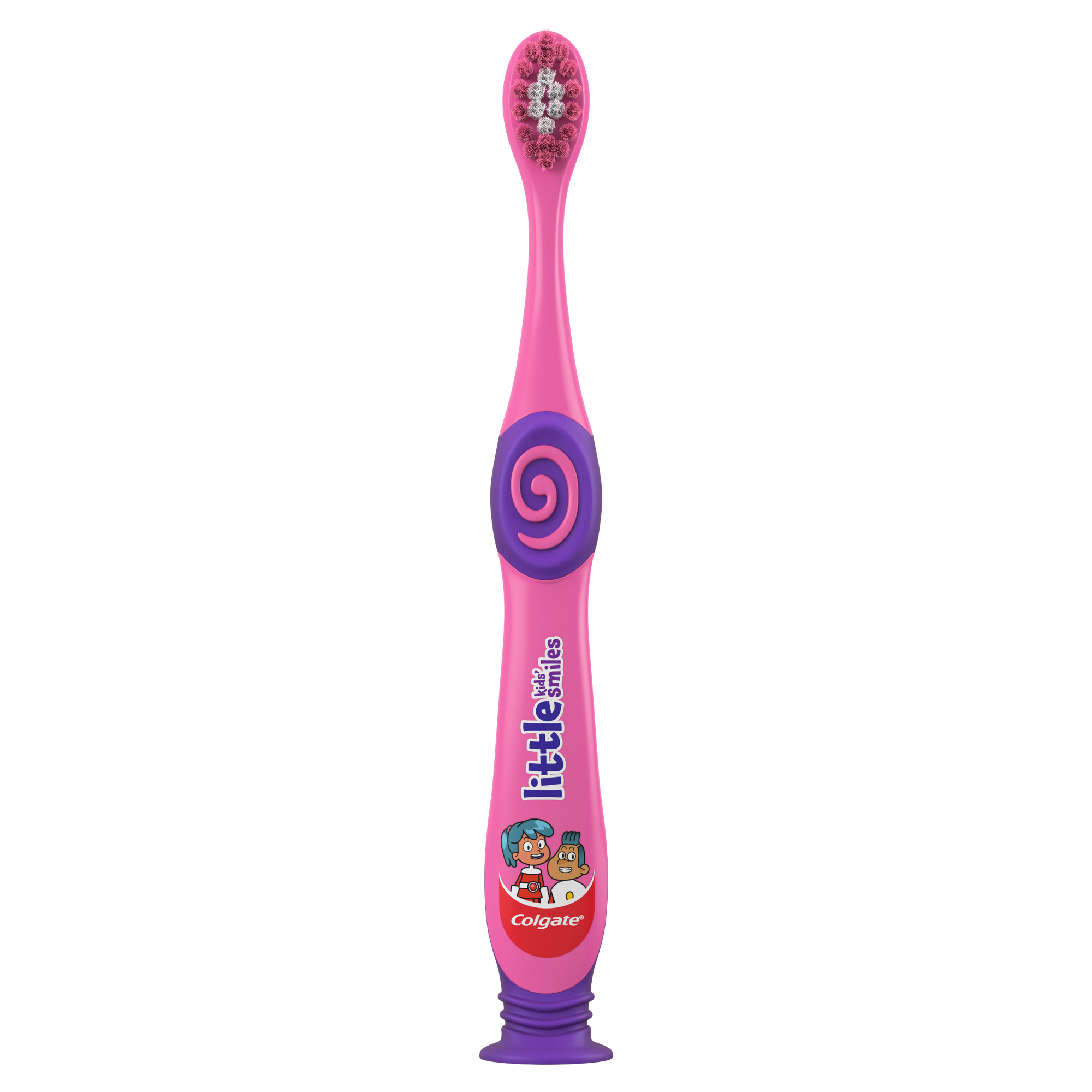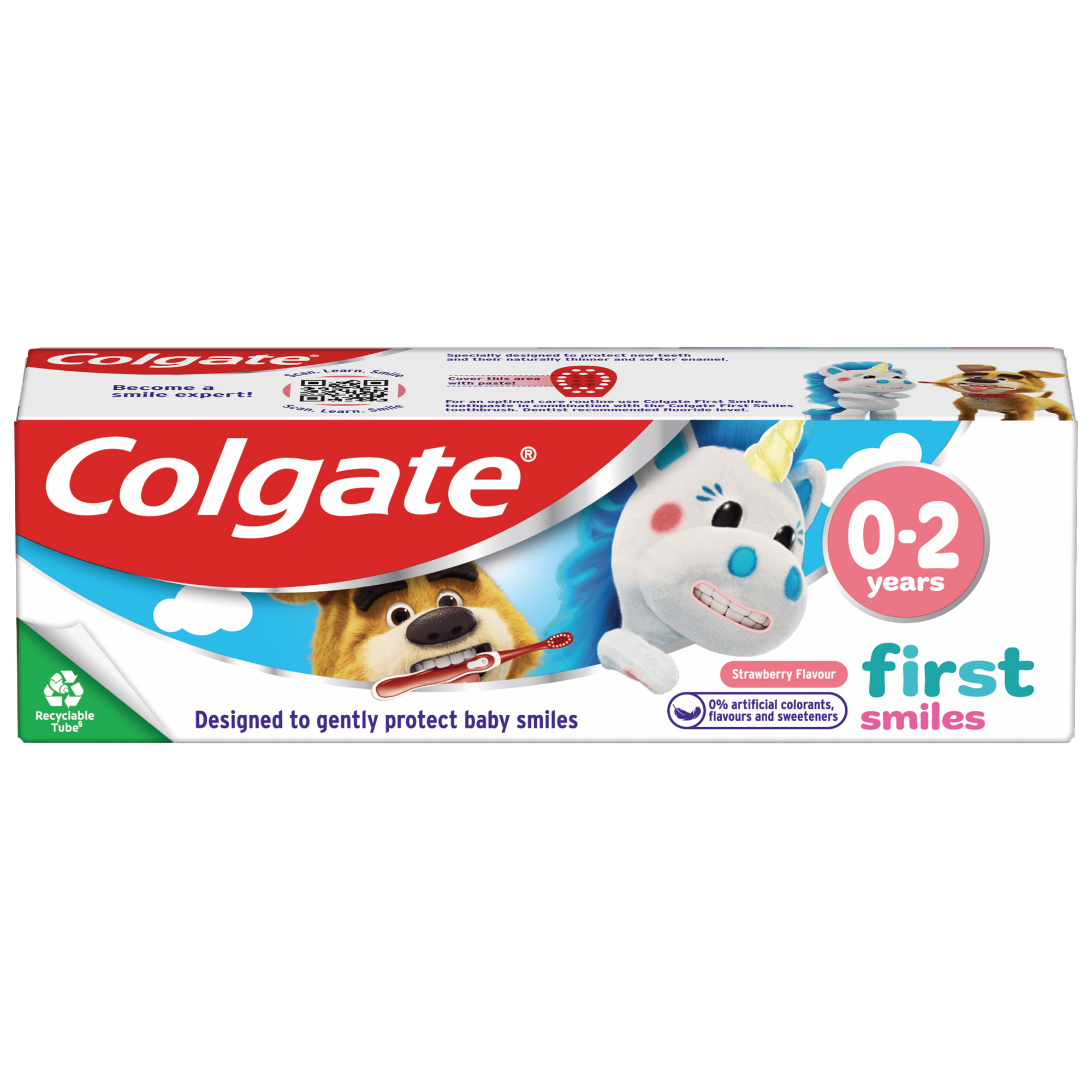Most dentists recommend that children start their dental visits by the age of two. In addition to giving your dentist a chance to monitor your child's dental growth and development, this is your chance to learn about tooth development, the need for fluoride, how to help your child maintain proper oral hygiene, how to deal with your child's oral habits (such as pacifier use), diet and nutrition, and how to prevent oral injuries.
Always emphasize that a dental visit is a positive experience. Explain to your child that visiting the dentist helps maintain good oral health. By fostering a positive attitude, you'll increase the chances that your child will see a dentist regularly throughout life.
What Should I Do When My Toddler's Teeth Begin to Erupt?
Teeth start to erupt at about six months and continue until age three. This causes many children to have tender gums, which can make them irritable. It helps to rub the gums with your finger, a small cool spoon or a frozen teething ring that's been placed in the freezer. There are also pain relief gels and medications available for use when babies are teething. Ask your dentist or GP about these medications. If your child has a fever when teething, it's best to contact your physician to rule out the possibility of some other kind of condition.
What's the Proper Way to Brush My Toddler's Teeth?
It's a good idea to supervise your child's brushing until the age of six, following the guidelines below:
- Use a pea-sized amount of a fluoride toothpaste. Take care that your child doesn't swallow the paste.
- Use a toothbrush with soft bristles, brush inside surfaces of all teeth first, where plaque accumulates most. Angle bristles toward the gumline. Brush gently back and forth.
- Clean all outside surfaces of teeth. Angle bristles toward the gumline. Brush gently back and forth.
- Place brush so bristles are on the chewing surface of the teeth. Brush gently back and forth.
Is Thumb or Finger Sucking a Problem and How Can I Treat it?
The sucking reflex is normal and healthy in babies. However, a thumb or finger sucking habit can cause problems with the growth of the mouth and jaw, and position of teeth, if it continues after permanent teeth have erupted, between four and seven years of age. Front teeth that point outwards (sometimes called buck teeth) and an open bite may result from habitual thumb or finger sucking. This can cause problems in adulthood that include premature tooth wear, increased dental decay and discomfort on biting. Sucking on pacifiers after permanent teeth have erupted may cause similar problems.
The best way to deal with thumb or finger sucking is through positive reinforcement, not negative words or behavior. Your child is only doing what feels natural to him or her. Praise your child when he is not sucking his thumb/finger. You may also want to focus on correcting the anxiety that's causing your child to suck her thumb/finger. You can remind your child of the habit by bandaging the thumb/finger, or putting on a sock over his hand at night. Bitter-tasting medication to coat the thumb can also be prescribed by your dentist or pediatrician.
This article is intended to promote understanding of and knowledge about general oral health topics. It is not intended to be a substitute for professional advice, diagnosis or treatment. Always seek the advice of your dentist or other qualified healthcare provider with any questions you may have regarding a medical condition or treatment.
ORAL HEALTH QUIZ
What's behind your smile?
Take our Oral Health assessment to get the most from your oral care routine
ORAL HEALTH QUIZ
What's behind your smile?
Take our Oral Health assessment to get the most from your oral care routine













